March 3, 2022
Divita Auto Design - Interview with Robert Divita
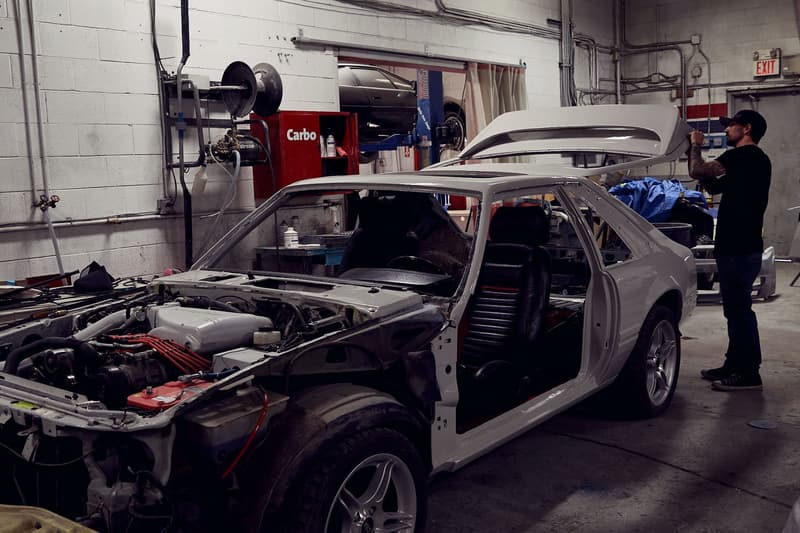
Robert Divita is an entrepreneur in the truest sense of the word. Leaving home at a young age, he put himself through high school and got his journeyman’s certificate on his own steam. A hard-working individualist and precise leader, he is motivated by unique challenges and high stakes. I visited him at his shop, Divita Auto Design to ask about his path from go-to guy in the neighbourhood for varied repairs, to local authority on classic restorations with his own commercial space.
Rose: So you opened up 5 years ago?
Robert: Yep
Rose: Did you come from another shop?
Robert: No, I started in the industry when I was twelve years old on kind of a work program. I went full time on my own about five years ago, I went commercial. Prior to that I was building cars out of my garage for a couple years, and got pretty busy, so…
Rose: How did you put your team together here?
Robert: That took some time. It was a lot of trial and error, trying to find the right key players that care about what they do, and find the quality of workmanship. Took a while. I found people by word of mouth. You can’t just find the average guy that’s in the industry because the industry is really driven for collision repair, so to find guys that can actually build panels and build stuff from scratch is another type of skill level. The big thing for me is finding people that want to learn. Even guys that have been in the industry for forty years, you want those guys to be able to adapt to new changes as they come.
Rose: When I worked as a photographer I experienced the same challenge. The technology updates so quickly.
Robert: Exactly, material changes all the time, and we have to meet criteria for the VOC [volatile organic compound] laws. We have to meet those environmental standards. So we switched to water-based paints twelve years ago instead of single stage and lacquer paints. You have to have the old school guys get used to it. At the end of the day it’s important to find people who are willing to learn continually.
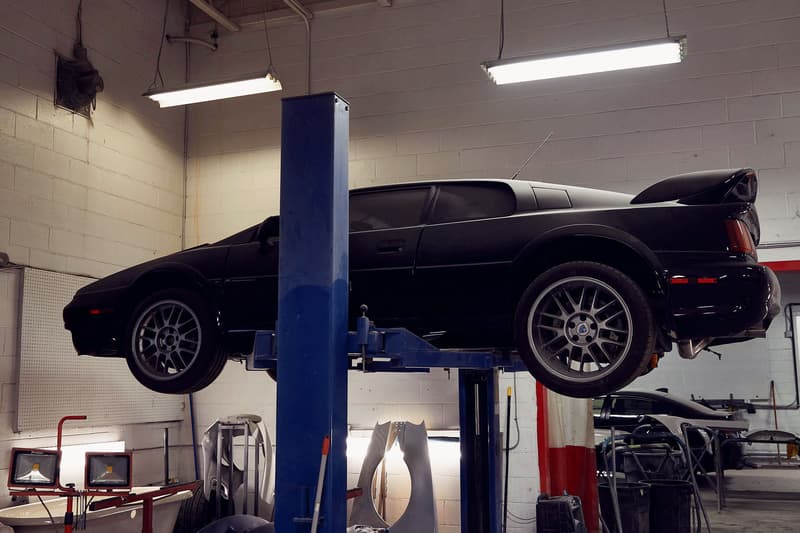
Rose: You must have an interesting group of people as your customer base.
Robert: We deal with lots of different types of people, and as a small shop we become personal friends with most people that come through the door. By the time their car is done, they pick it up, and they’re super happy with the work, they then become frequent visitors.
Rose: I can imagine people want to stop in a lot to see what you’re working on.
Robert: Yeah, we’ve had to dummy that down a little bit. It’s awesome to have people stop by just to see what we’re doing but it does take up time throughout the day.
Rose: Right, this is time consuming work.
Robert: Yeah, every job is pretty intense. Even if it’s just a quick fender repair, we’re pretty particular, so we take the extra steps to de-nib and make sure every panel’s perfect, so yeah things take time. When you’ve got someone stopping in every hour - we have those days where it seems like one person after another.
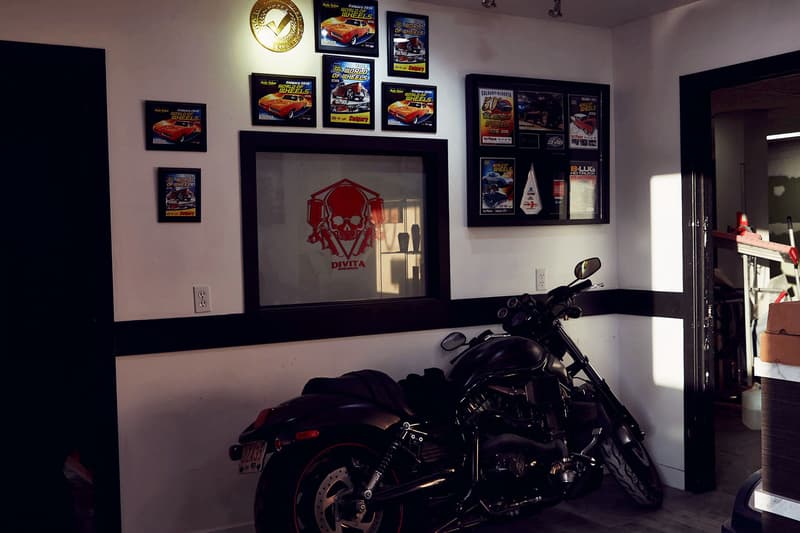
Rose: Is there a certain restoration that you’ve done where you were really happy with the amount of time that you did it in?
Robert: Yeah we’ve been in those situations with major timeline constraints. When we build something for SEMA, usually the sponsors come through maybe a couple months before the show, and we build a vehicle from the ground up. Essentially by the time you get the parts, you only have, like, two and a half weeks to finish the vehicle for a huge show in the states. Then you have to get it there - it’s quite the process.
Rose: It’s all hands on deck.
Robert: Yeah, there’s been certain projects where I’ve had five days to get the car done from start to finish by myself. Putting in 22 hour days, just sleeping on the floor for half an hour just to get the car done. That was a sponsored race car that we did for a local car show. It was one of those things where somebody bet that I couldn’t get it done, and I put it in my head that I could. So I committed. It was a 1990 Mustang. I’m a big Mustang guy myself. I grew up building them, that’s how I learned - on my old fox body Mustang.
Rose: So is that mostly who you are dealing with - people going to car shows and racing?
Robert: Yeah, a lot of our clientele stems from the hot rod and import community - like Skylines and Supras. So first we were just catering to the car guys. But then they started telling all their friends about us and we started getting more collision work and all your everyday stuff, which is good for any shop, because it’s more of a cash flow thing, whereas with the custom stuff we have to adapt to what’s going on in the market. Especially with covid it slowed down the big custom jobs.
Rose: Are many of these customers drag racing?
Robert: We have everything from your average Honda Civic that shows up to a guy with a Lambo the next day, then a Bentley, then a Hot Rod. We cater to everybody.
Rose: So you’ll have some people who are members at the new track by Carstairs, and some people who are takin ‘er down Stoney.
Robert: (laughs) Yeah.
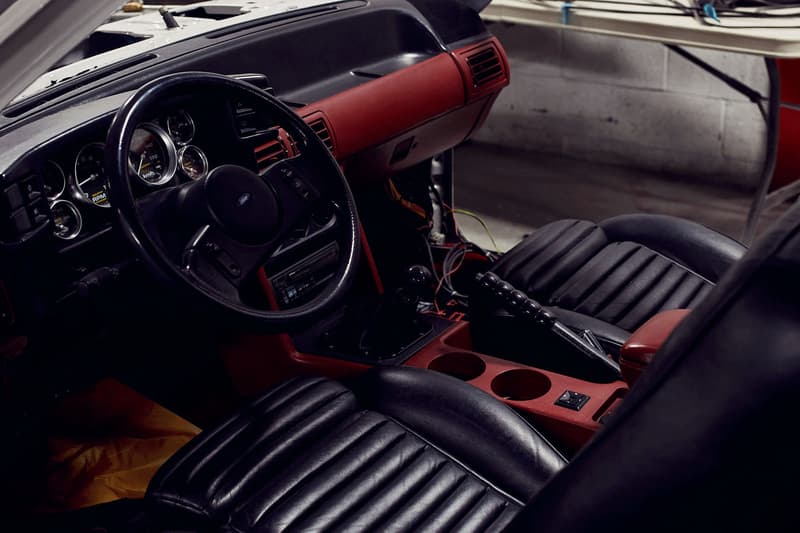
Rose: So you started getting customers when you were working out of your own garage?
Robert: Yeah, I was a contractor for other shops, helping with their paint work and that kind of stuff. Then I was building my own clientele at the same time, and started building cars out of my garage, and I was trying to keep my neighbours hush hush by working on their stuff for free, and then it just got too busy. I had like 16 cars parked around my house at one point and none of them were mine, so it was time to go legit and get some commercial space.
Rose: Was it hard to find space?
Robert: Yeah, it was super hard to find somebody that would give me the opportunity to rent commercial space because I was pretty young. I was only 25. I’m 31 now.
Rose: People will barely rent you a car at that age.
Robert: Yeah, the only factor I had going for me was that I had already established a good name for myself in the industry so people knew who I was, and knew my workmanship. So I just had to find the guy that would give me a lease agreement on an expensive building. Starting your own business is super risky but it’s worth it. I’m the kind of guy that has always taken chances. When I started my business I didn’t have any bank loans or any investors, I really only had a couple grand at that point, and the equipment and tools that I had bought throughout the years, and I just used that to get going. Every time the shop made a little bit of money we re-invested it, and we’ve kept doing that. Now we’re at a point where we’re fully set up and can turn profits, and we managed to do it without any loans or cancerous debt.
Rose: That’s something I feel like we’re losing lately in society - people who are willing to take risks.
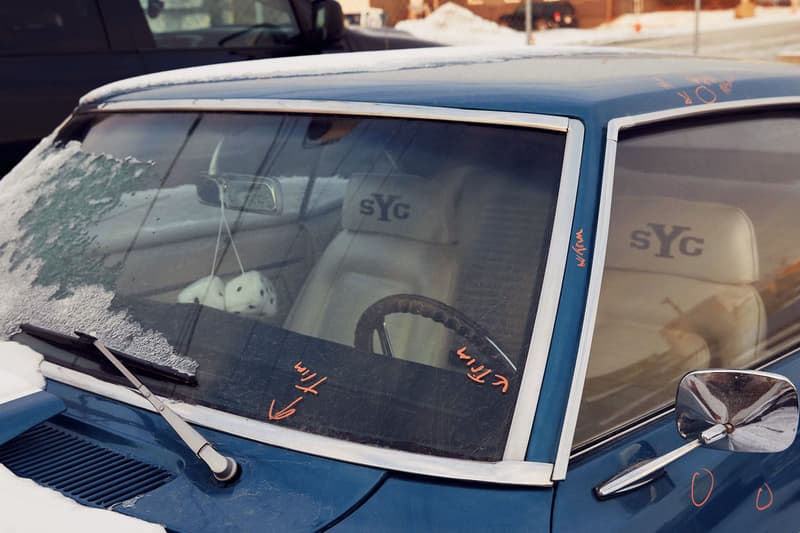
Robert: You only live once. At the end of the day I’m chasing happiness and freedom, I’m not chasing money. I do things at my pace and to my own standards of quality. What I found when I was working as an employee in the industry was that it was all about the money. The quicker the car came in and went back out the more money the shop made, but the quality of work got lost. I chase the quality, and that’s what built my name.
Rose: Right, you’ve got that price-quality-time triangle to base your priorities on. I suppose you analyse the customer to determine what their priorities are too?
Robert: Yes, we do interview our customers a little bit. We don’t just take on any work. You have to have a good relationship with the people that you’re working for. If the guy is on the same page, free as to what his ideas are, willing to change things up slightly to make the job better, I like working with people that are more open to that. Some customers are very particular and that’s fine, but there’s people that you just can’t relate to in any way, you have to weed those people out.
Rose: I would imagine there’s certain people who deal with anything having to do with their vehicle with a bit of a guard up.
Robert: That’s the thing. Our industry, throughout mechanics and autobody, there’s a tainted image from people that have ripped people off. I’m the kind of guy that will lose a dollar to keep a customer happy. I get repeat business because of that. Word of mouth is huge. I don’t really believe in paying for advertising. I’d rather do a good job because you’re going to tell three of your friends that you’re happy. If you rip someone off and make them mad they’re going to go online and tell thousands of people that they’re unhappy.
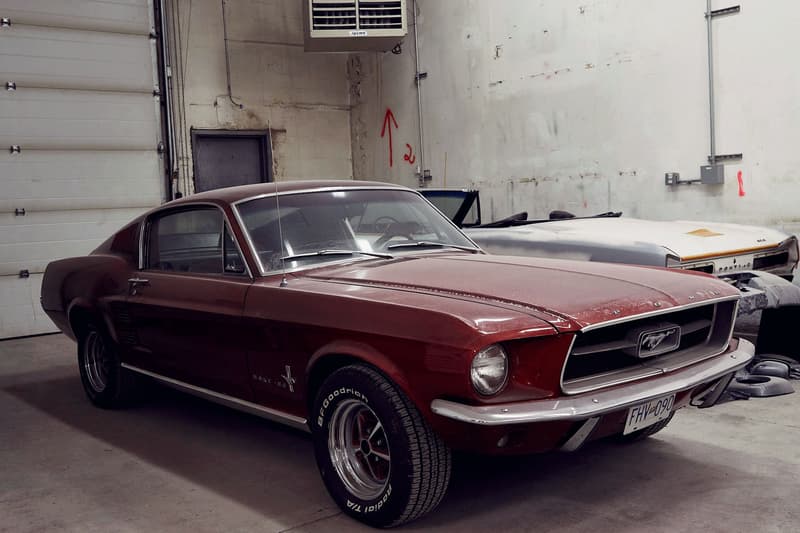
Rose: How do you use social media? Do you take certain cues from what you see, or find customers that way?
Robert: I’ve never really been very into it. I’ll make one post and then we get flogged with guys coming in to check out what’s going on in the shop, or we get a ton of calls, which is amazing. But the problem is - I’m only one guy. As I’ve been trying to build my team and get people in the right places, I’ve struggled to keep up with the social media. On the flip side, it is pretty huge for us because I’ll go on Facebook and somebody will post a “looking for a body shop” comment and my shop gets tagged twenty times in one post. It’s awesome that way, we land a lot of work. But it’s also overwhelming because the shop’s phone is blowing up, our instagram, our facebook, my personal facebook, my personal cell phone. Trying to keep up with all of it is a little overwhelming. Some people, if you don’t get back to them right away, are super sensitive and they think you’re ignoring them. I’ve had guys accuse me and say things like “Oh, you think you’re too good to work on my Skyline because you’re doing a Viper.” That’s not the case at all, I’m not only just an owner of a business, I’m working banging out cars with the guys on the floor, so I’m trying to wear too many hats at the same time.
Rose: It’s so funny how that happens, I notice on shows like Joe Rogan or Tim Ferris they sometimes won’t even say the name of the business that they’re talking about because they know that the business will get so flooded with customers that they will be overwhelmed and it could tank their business!
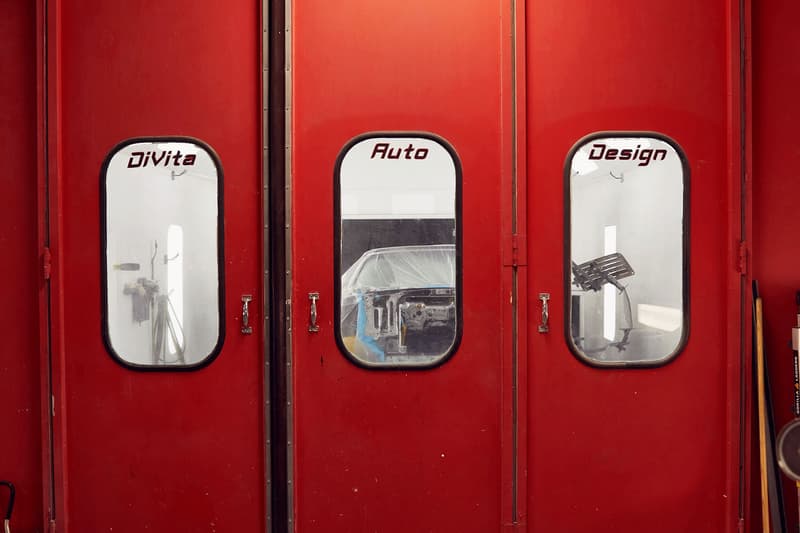
Robert: There’s another catch-22, the bigger you get, and the better you get, the more haters you get. At random we’ll get a one star review on Google with a fake name, somebody we’ve never dealt with and they have no other reviews. The last two years we won Best Body Shop in Calgary, for the Top Choice award which is awesome, but the second that got released to the public that we won, we got slammed with one star reviews, so I don’t know if it’s another business owner or shop, somebody that’s just not digging us, or whatever. It happens.
Rose: Haha that shows you’re hitting a groove! As soon as you have unprovoked haters, you know you’re successful.
Robert: I’m a little overly sensitive because I’ve put my heart and soul into building what I’ve got so far, and every day you’re sacrificing your personal life and everything you’ve got going on - you put that stuff to the side to keep building your dream. So, when you get a one star review, it hits your heart a little more than it should. Keeps you up at night thinking “what did I do to piss somebody off?”
Rose: I know the feeling. Do you have kids?
Robert: Yeah, I have kids. At the end of the day, this is all for them. They’re a lot of fun to watch grow. It requires a lot of balance to also grow the business and manage the restrictions on my time. I’ve been spending a lot of time here, and had to miss certain things that I wish I hadn’t.
Rose: Do you feel like having a few kids to support makes you work harder?
Robert: Yeah, for sure. I’ve always worked hard and had a different mentality than most. Just the way I grew up, I always kind of took care of myself, that stemmed into an early career.
-RA



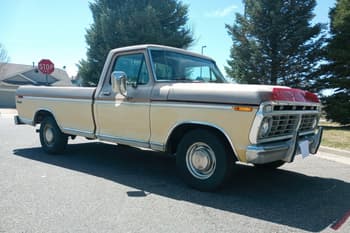
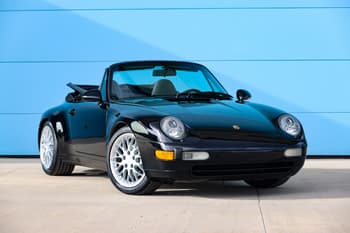
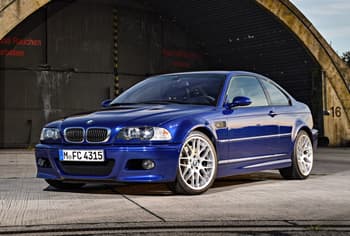
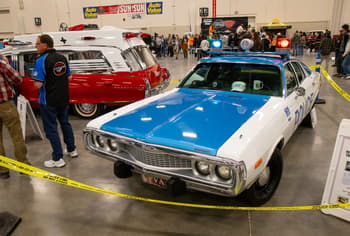
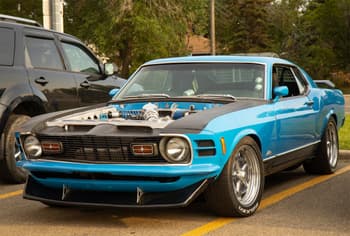
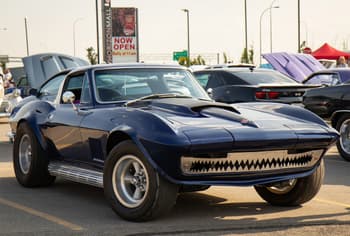
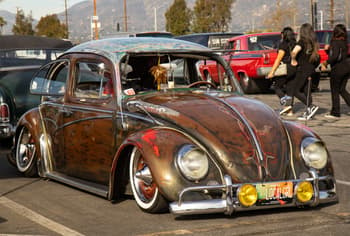

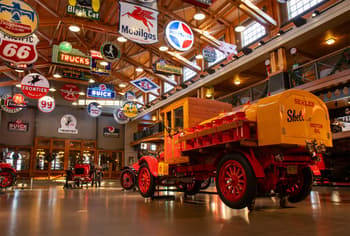
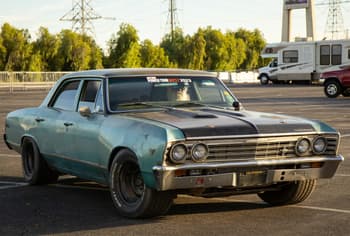
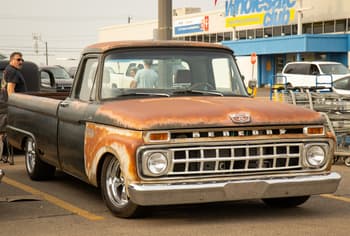
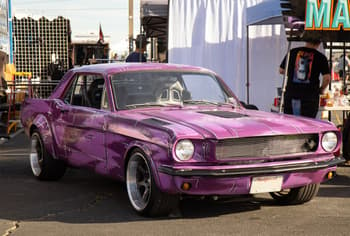
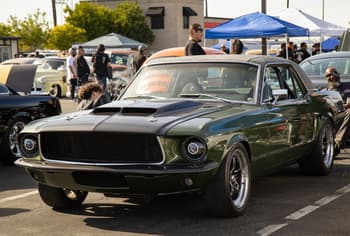
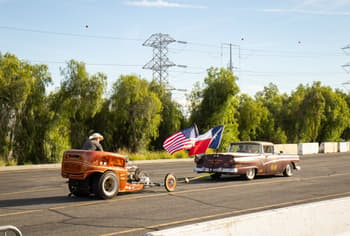
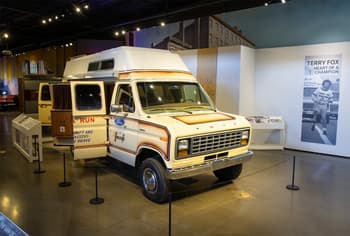
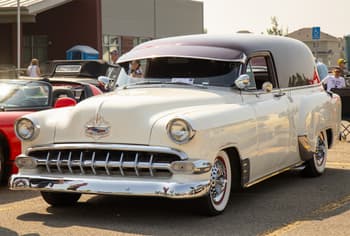
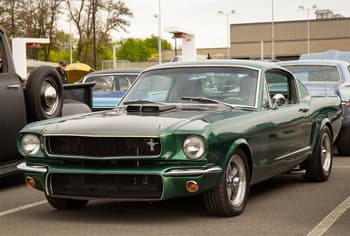
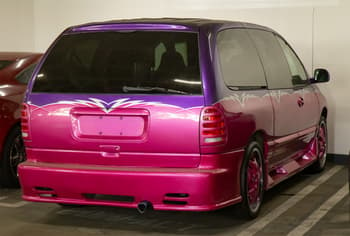
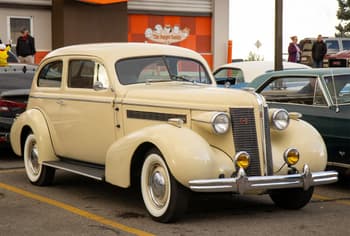
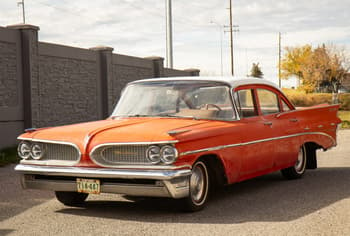
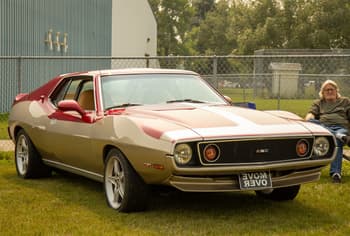
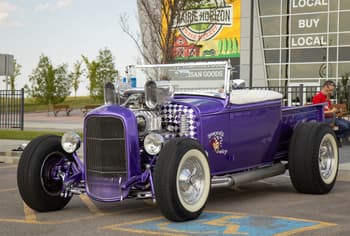

 Back to Login page
Back to Login page